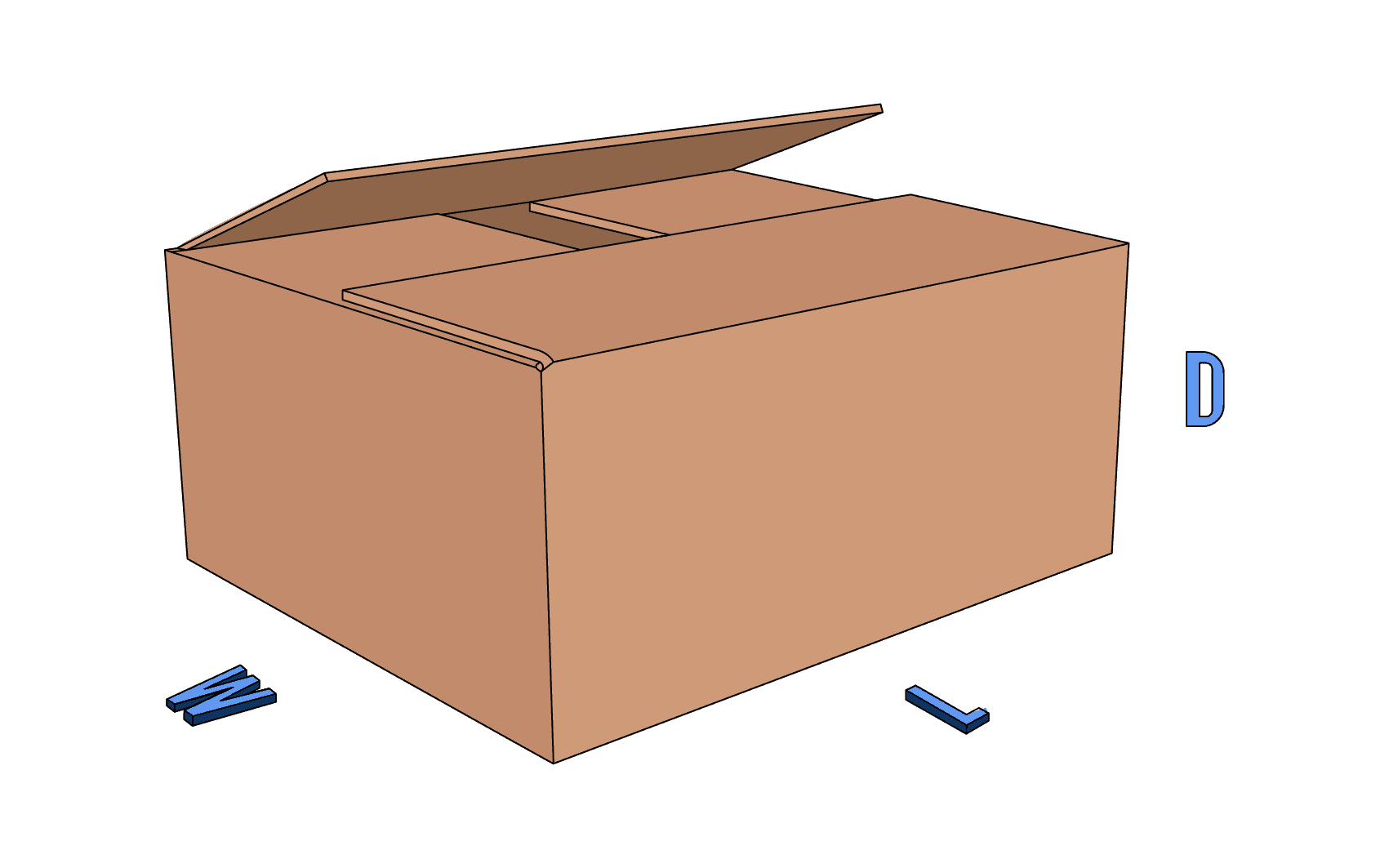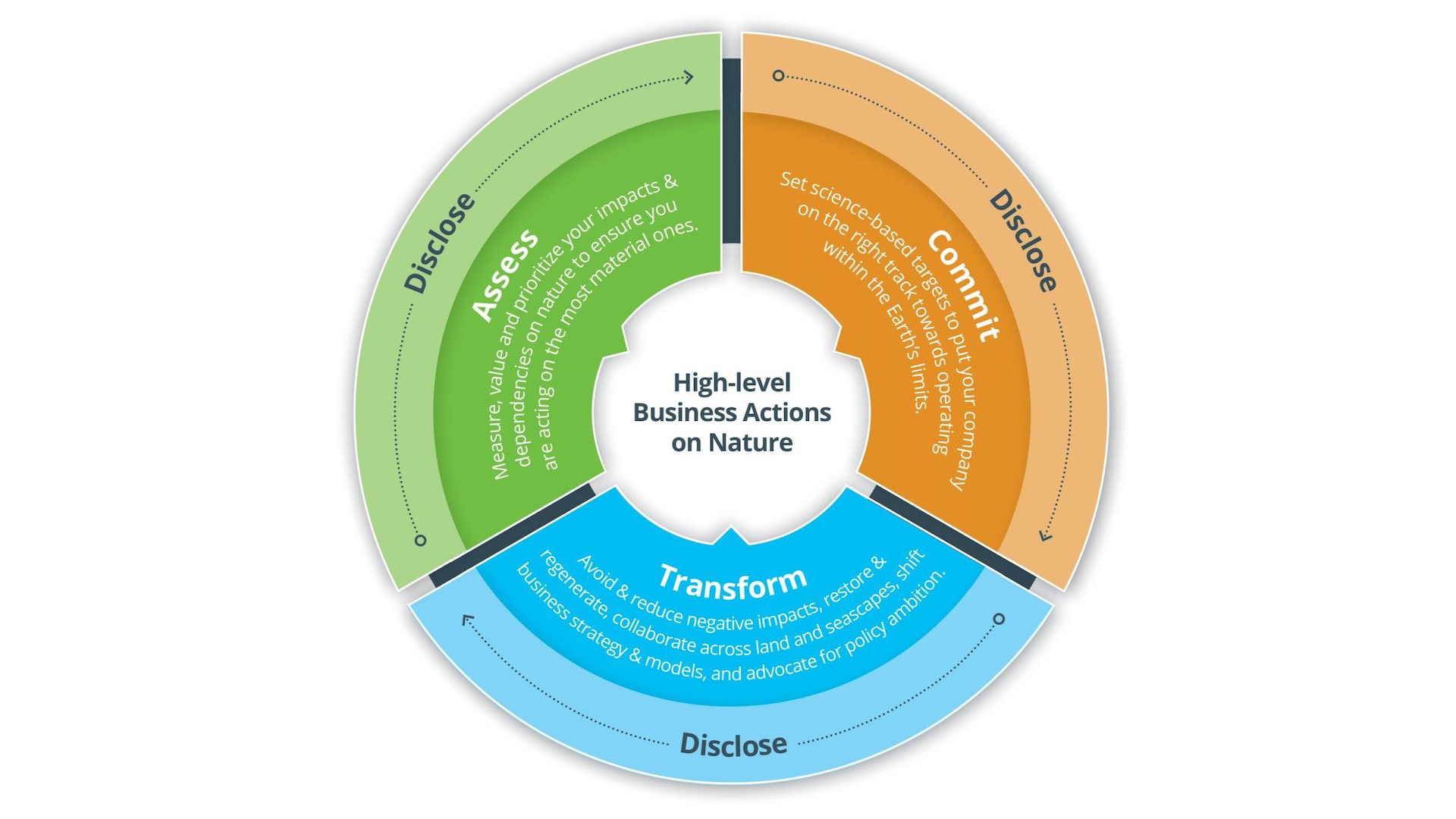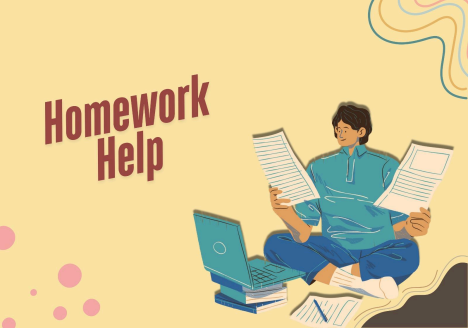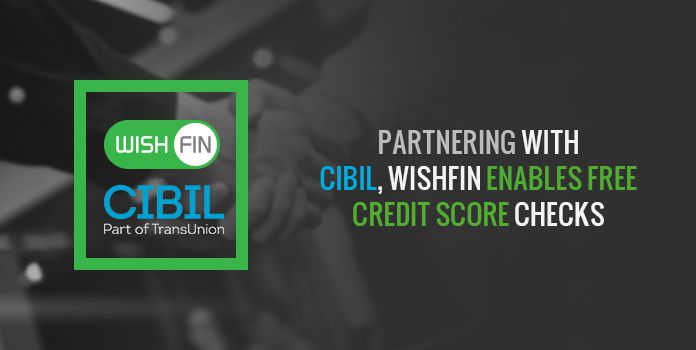6 steps to protect your CIBIL Score after financial stress from Covid-19
It is not simple to obtain a decent CIBIL Score. What’s more challenging is keeping it going. If this article is for you, if delayed credit card bills are missed, EMI payments caused by Covid-19 have adversely affected your CIBIL score. Many people suffered from unanticipated financial pressures and lower wages during Covid-19, which can have long-term implications on their credit scores.
You can always check your CIBIL score using CIBIL Score App, and if you see any declined score or a lower CIBIL score, you should try to improve it using some simple financial development methods. When you fail to pay an EMI or credit card payment, it appears as a black mark on your credit record and lowers your credit score.
Anyone who picks a Covid-19 relief plan (or schemes) in fiscal years 2020 and 2021, such as the RBI’s EMI/credit card moratorium relief package, debt restructuring, an emergency Covid-19 loan, or something similar, must immediately rationalise their finances. Even though credit agencies are not obligated to record moratorium relief officially, lending institutions will enquire whether the applicant has gotten such relief. If this is the case, the inescapable impact on creditworthiness is something to be concerned about right now.
Prepare a budget
Covid-19 has influenced the income of many families. So at this time, it is a wise choice to avoid taking out additional loans or serving as a guarantor for any loans taken out by friends and family because both of the above can make you prone to financial risks, which will adversely affect your CIBIL score. Make a budget plan and avoid wasting money. Reduce your spending until the economy has stabilised and your credit score has improved. Create an emergency fund and prioritise your spending.
It does not mean losing out on life but rather making deliberate decisions to manage your existing financial flows. Record inflows and outflows, keep an eye on impulsive purchases, don’t buy unnecessary things, reduce new credit card bills, and postpone trivial or large-ticket expenditures. All of these can keep you away from any financial breakdown, which will ultimately improve your CIBIL score. In times of difficulty, every cent saved becomes a penny earned.
Keep an eye for credit utilisation
Even the most disciplined people’s financial health suffered due to the Covid-19 epidemic. It would help if you strived to keep your credit consumption below 30% in the future. This will gradually assist in restoring your credit rating from poor to fair to good.
Because a low utilisation ratio affects the credit score, as a critical stage in bolstering your credit history, you must guarantee that your present credit facilities (cards, loans) are not constantly fully utilised, labelling you as always credit hungry.
Try to pay off loans, especially substantial ones
If you have multiple loans and credit card bills, then you should always try to pay the highest-rate debts first. It would help if you never rolled over credit card debts. It comprises usurious interest rates as well as late payment penalties. Adding to that, it is always a wise choice to convert credit card balances into loan EMIs, because they have low-interest rates. You should always optimise your credit card use throughout the promotional time. Using many credit cards with different settlement dates will maximise free credit.
Addressing delinquency
Take action to limit prevalent delinquency’s implications for any overdue or irregular loan accounts. Keeping the account in the red might harm your credit score.
If you know you won’t be able to pay your expenses and EMIs on time, call your lenders and explain your situation. You should ideally contact your lender before missing a payment. Due to numerous Covid-19, lenders may extend EMI moratoriums to consumers to temporarily halt payments. Alternatively, some lenders may provide you more time to pay your payments or temporarily cut your interest rates.
Keep an eye on your credit scores regularly
You must be proactive about your credit ratings during these important times. Check your credit reports frequently to ensure they are correct. In this manner, you can detect any fraudulent actions or errors and report them before they harm your credit ratings. It is important to note that when you self-inquire about your credit score, it has no adverse effect on your CIBIL score. You can always check your score online or using CIBIL Score App.
Utilise a home loan overdraft
Your focus should be on reducing costly debts. For that, the Existing home loan clients should use the available overdraft (OD) capacity instead of very expensive, unsecured, short-term credit. This will be a low-cost alternative for navigating the current storms and meeting urgent and unforeseen responsibilities. The bank will gladly offer an OD facility on your existing house loan at a higher(1% or so) interest rate. An OD facility provides flexibility and the prospect of decreasing the loan’s total interest expense. If you choose a loan against your automobile, you will have the same options.
Paying all of your invoices and EMIs on time is the greatest method to safeguard your CIBIL score during these difficult times.











